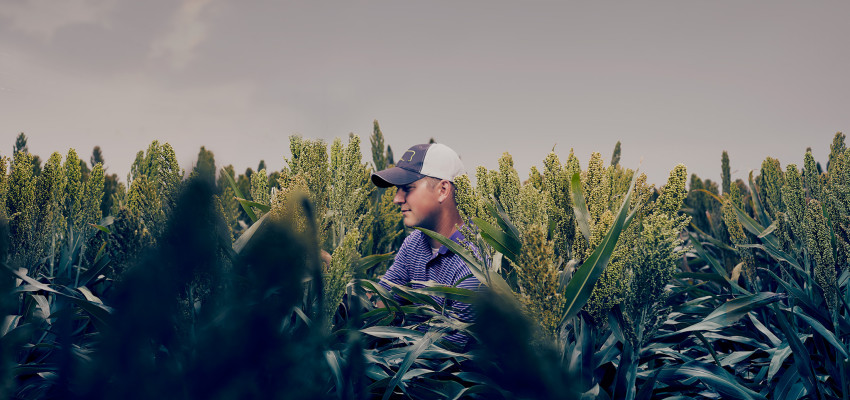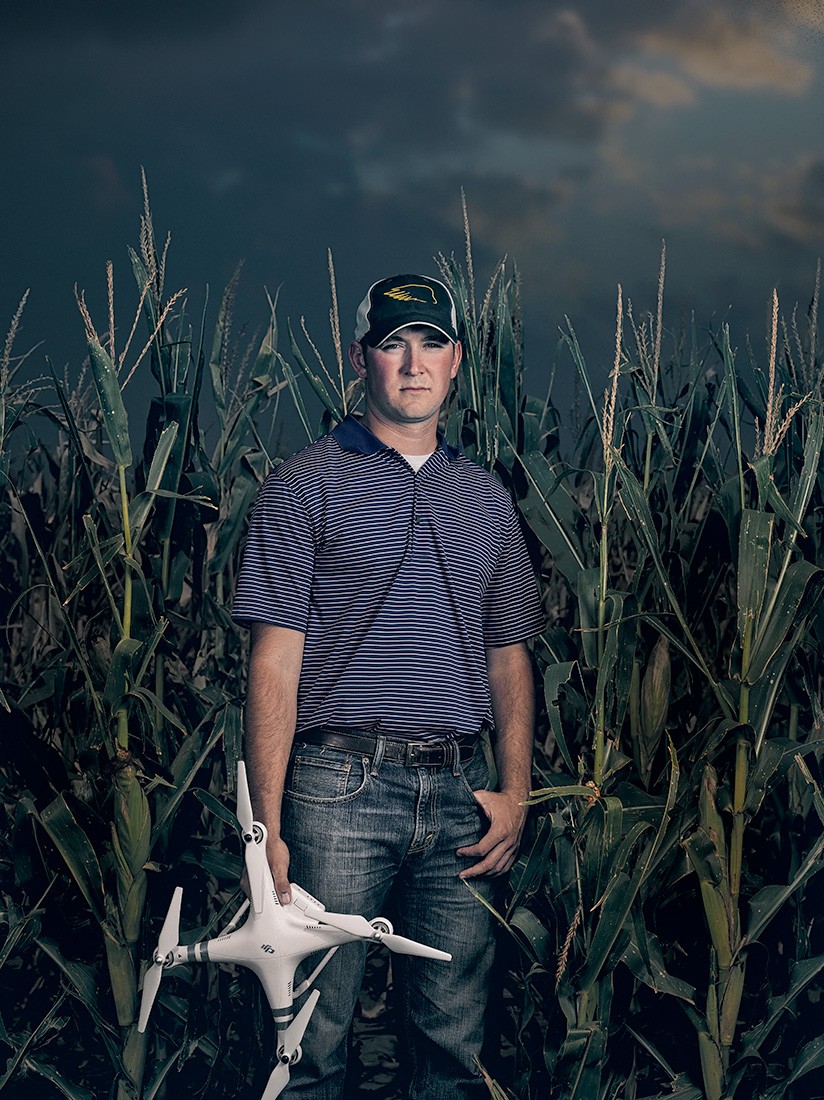By Scott Stebner on April 5, 2016
A new tool for farmers
Drones provide many benefits

When you think of the essential tools for farmers, do you think of tractors, hammers, leather gloves and rolls of rusty wire? Do images of plows, duct tape, trucks and blue jeans come to mind? How about digital tablets, remote controls and the latest unmanned aerial vehicles, otherwise known as drones? For a growing number of farmers, the drone is becoming an indispensable tool in managing their crops and fields.
In the past when a farmer wanted to inspect his crops, he or she had two choices. The first choice was to walk the fields to look at individual plants. Although farmers still do this vital activity today, the ground view gives limited information about how the entire field is doing. The second choice was to pay a large sum for aerial photography to identify possible nutrient deficiencies, pests and a general idea of how well the crops are doing. The price to hire a pilot and pay for the data meant farmers couldn’t routinely have aerial imaging of their operation.
However, in recent years, the drone has put control back into the hands of farmers like Aaron Horinek. Flying his drone above his fields, Aaron can get real-time video at his fingertips or take high-resolution pictures to take back home and study in his office.
 The resulting images will help him anticipate harvest and plan farm decisions for the following year. Farmers are also able to purchase a drone for a relatively low cost and send it over their fields on a routine basis, which gives them more data on how to better manage their land.
The resulting images will help him anticipate harvest and plan farm decisions for the following year. Farmers are also able to purchase a drone for a relatively low cost and send it over their fields on a routine basis, which gives them more data on how to better manage their land.
Although it may seem odd at first to see a farmer with a drone in his hand, they are an essential piece of equipment in the farmer’s technological toolbox.
While we are still inundated with images from the pastoral fantasy of farms depicted in the movies that resemble the 1920s, the realiy is farmers are incredibly technologically savvy. They aren’t just farmers, they harvest their crops and become data miners at the same time. They manage their families finances and are digital asset managers as well. Farmers use intuition and family history to make decisions, but back up their decisions with a multitude of data.

